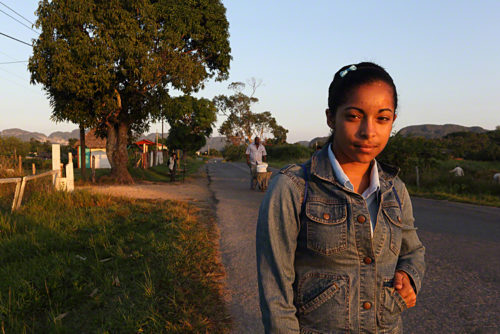
Coming from the days before the digital era, not only did we have to crawl three miles in the snow to get a shot, but we had to focus our own camera. Of course, those were the days before the written word, as in pre-historic times.
Now that we’re in the digital era, we have one of many marvelous innovations called auto-focus. However, it’s important to remember that auto-focus is a luxury, not a necessity.
I keep telling that to my online students that take my online classes with the BPSOP, and to those that are with me during my “Stretching Your Frame of Mind” workshops I conduct around the perfectly round planet.
Having said all this, I generally keep my camera set on auto-focus, but in doing that I’m keenly aware of any drawbacks to it, and in an instant I can change to manual focus.
Here are some examples of when you should make the switch:
WHERE: You need to be watching where your focal points are active and place them on something that has contrast. It’s important to remember that the camera needs that contrast to focus.
If your subject has a lot of sky, your camera can’t focus there because of a lack of distinction; there has to be something of contrast below the horizon line.
WHEN: If you’re pointing your camera at a wall with nothing on it and depending on what your focal points are set on, the camera won’t see anything so it won’t click the shutter.
The most obvious one is it your lens is too close to your subject.
In the above photo, I placed my subject close to the edge of the frame to not only create depth but to generate Visual Tension as well. The camera doesn’t know that’s what I’m doing and will focus on something farther away. If I’m really lucky and have stopped down to F/22 and I have a wide-angle lens on I might get my subject in focus.
The best way to handle it is to set my camera to manual focus and focus on my subject. Then, if I want what’s behind him to be sharp, I can just stop all the way down to F/22.
WHY focus on manual? Because it will make you more aware of your surroundings, and what your camera can and can’t do. As a result, will make you a stronger photographer.
Visit my website at www.joebaraban.com and check out my workshop schedule at the top of this blog. Come shoot with me sometime.
JoeB




